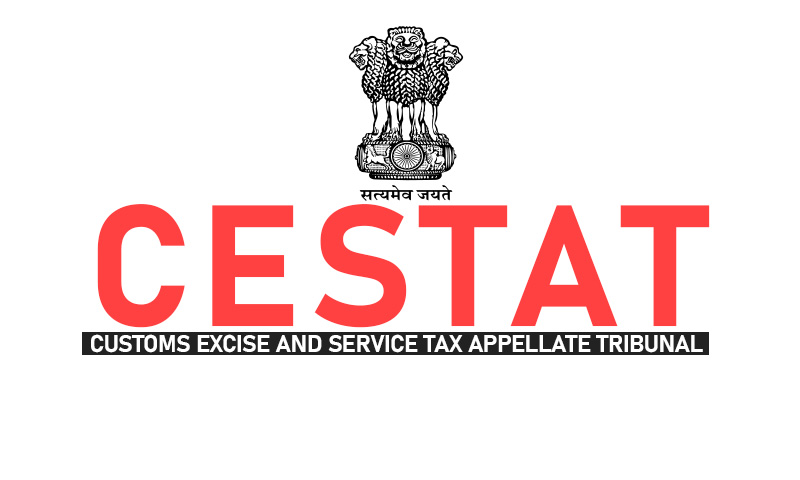Losses Of Upto 1% Can Be Allowed Without Detailed Scrutiny : CESTAT
Mariya Paliwala
20 Sept 2022 5:00 PM IST

Next Story
20 Sept 2022 5:00 PM IST
The Hyderabad Bench of the Customs, Excise and Service Tax Appellate Tribunal (CESTAT) has quashed the demand of excise duty against Hindustan Petroleum and held that losses of up to 1% can be allowed without detailed scrutiny.The two-member bench headed by Justice Dilip Gupta (President) and P.V. Subba Rao (Technical Member) has observed that there was no allegation, let alone evidence, that...
